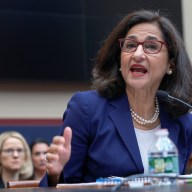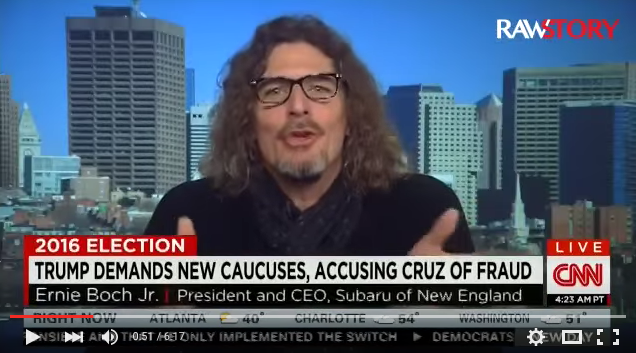Despite a setback at the ballot box in 2012 and several failed attempts to reach a legislative majority, the Death With Dignity bill is headed back to Beacon Hill.
“It’s a very intense, personal decision,” said Rep. Louis Kafka, author of the Compassionate Care for the Terminally Ill Act. “It’s a very emotional issue. In my opinion, the fact that the ballot question was so close leads me to believe that there’s a lot of grey area. It’s not a decision that other people take lightly.” Kafka, a Democrat from Stoughton, said he is pushing for a patient’s right to choose a more dignified end after a constituent facing — certain death after an extended period of pain — implored him to legalize the chance elect his demise on his own terms. “I know people will have ethical and religious and moral issues but, it is the patient’s decision,” Kafka said. “This bill is modeled after the Oregon law. California just passed a similar one too. It hasn’t caused any great condemnation in the state of Oregon. Not that many people have taken advantage of it. It’s a personal decision and it’s a tough decision. If you want to do it, nothing pushes you to take the medication unless you’re ready.” Oregon passed the first Death With Dignity Act in 1997, which allows terminally-ill Oregonians to end their lives through a voluntary self-administration of lethal medications prescribed specifically for that purpose. But when addressing such a contentious issue, there are strong voices both for and against such an ethical grappling match. Many in the medical society have said that physician-assisted suicide is in direct violation to the Hippocratic Oath. The anti-Death With Dignity advocates are in agreement with that stance. “Even in Oregon, the main reason people elect to go through the physician-assisted suicide process is because they’re afraid of being a burden on their families,” Rita Marker, Attorney and Executive Director of the Patients Rights Council said. “Imagine a child seeing a loved one decide that they didn’t want to be a burden anymore. What message are they sending that child?” Marker said the reason people elect to take the medical suicide route is less about personal pain management and more about taking the pain off of those who would provide care.
“Many times a doctor will say ‘there’s nothing more I can do,’” Marker said. “That’s the time to get a new doctor. We’re talking dire situations. People in excruciating pain are taken into account, but people do not want to be a burden on their families. We’re not talking about just the person who ends up dead, but the message to those around them about being a burden.” Kafka said that the bill he has written provides a patient with the opportunity to choose a cocktail of life-ending pills once a doctor has determined that the patient has six months to live. They must be sound of mind and undergo a psychological analysis to prove that depression and mental illness are not a factor. If the patient chooses to take this way out, they must have two witnesses present for the decision, one of which cannot be a relative in order to prevent leverage from someone entitled to their estate. But Marker is not sold on this.
“Once it’s filled, there are no protections for the patient,” Marker said. “We don’t know if family members or anyone else force or trick them into taking the medication. We have better protection for people on death row than facing euthanasia. They call it Death With Dignity, but elsewhere we call it an execution.”


















